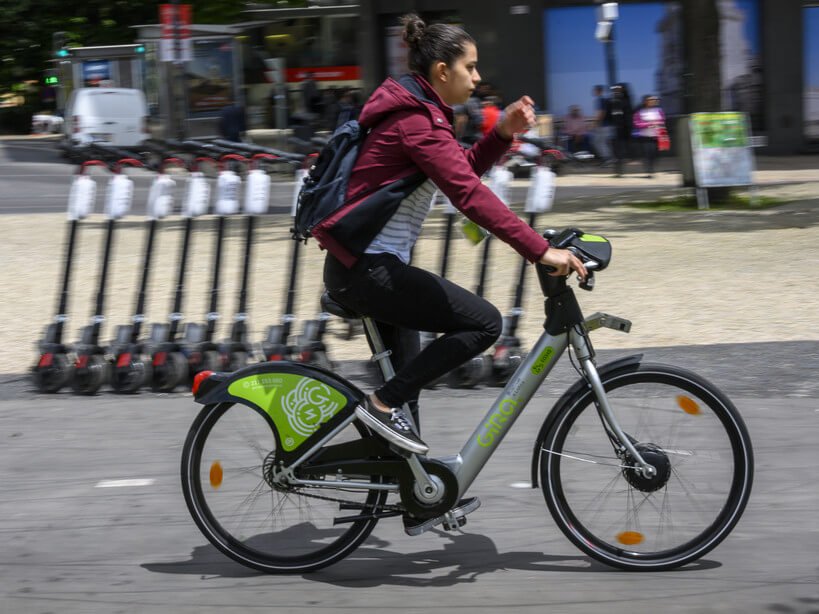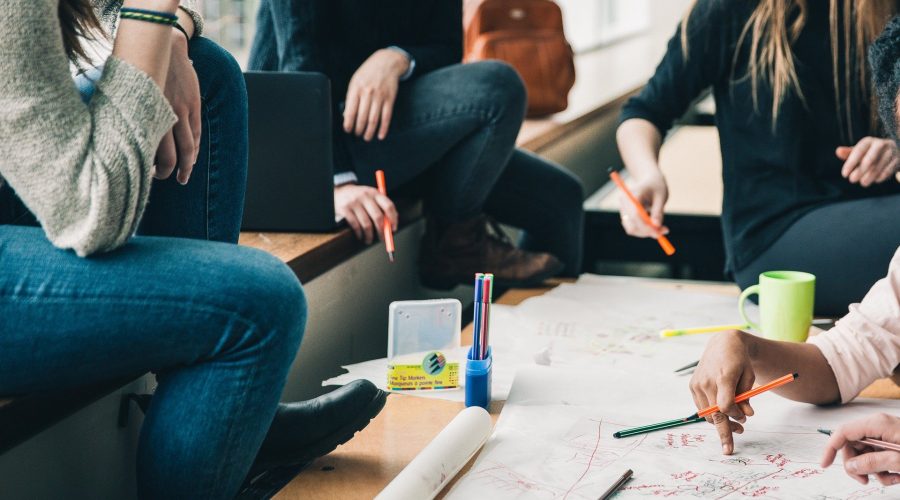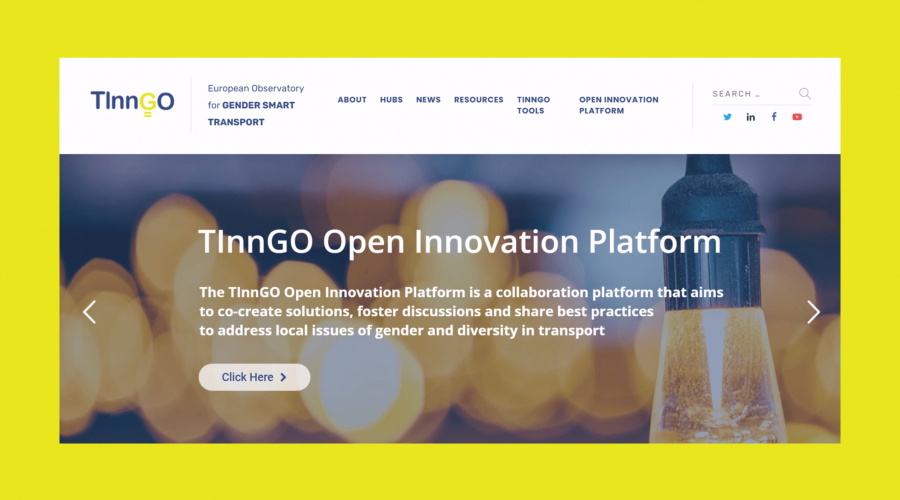Grenoble is a popular city in France among urban cyclists with its developed bicycle infrastructure, favorable climate, and flat geography. Here, the modal share of biking for work commutes is 4 per cent compared to France’s national average of 2 per cent. However, cyclists are predominantly men with higher education, in executive positions, and without children which raises the question on what is keeping others from biking. There is a belief in a ‘trickle down’ effect, that with an effective infrastructure, everyone, including marginalized people, will start biking. Research has criticized this one size fits all idea and highlighted the need of disaggregated data to investigate differences between groups.
Christina Vietinghoff has studied biking in Grenoble and conducted an intersectional analysis based on 19 semi-structured interviews with policy makers, bike services, and residents of different identities. Her study revealed four barriers that are keeping marginalized communities from biking which she categorizes as racism, financial barriers, information or knowledge barriers, and spatial inequalities.
Barriers associated with racism are created by public perceptions and public policy. Urban cyclists in marginalized neighborhoods are viewed with suspicion and bike services carried out by racialized people might not be seen as legitimate. Food deliveries are often carried out by racialized cyclists which has a negative effect on the status of biking. Public policy makes it hard to promote biking among racialized groups, for example among Muslim women as gender-positive initiatives are prohibited.
Financial barriers to biking are related to the costs of owning a bike. Access to safe bicycle parking, especially overnight, is important to promote biking. Interviewees pointed out the costs of replacing stolen equipment. Women’s safety is often associated with corporal safety. In this study, marginalized female interviewees were more concerned with the safety of their belongings. This shows how socioeconomic factors influence safety concerns for women. Secure overnight bike storage is lacking in marginalized neighbourhoods which increases the risk of being subjected to bike theft.
Lacking proficiency in French and the image of cyclists are factors that create the information and knowledge barrier. Information about services and infrastructure can be found on websites available only in French. Those who do not speak French as a first language may be unfamiliar with the vocabulary of biking. There is also a lack of knowledge about subsidized bike services, and one interviewee did not know how to cycle. Marginalized people might not be aware of the information that is available in traditional news releases, social media, and websites. The image of cyclists needs to be diversified; an example is how pregnant women are discouraged from biking.
The spatial context of Grenoble affects who chooses to bike and who does not. Living next to a bicycle route increases the chance of biking. Some interviewees avoided biking in areas with high criminality in fear of being harassed. Although for some, cycling through an area with high criminality can be seen as a safer option than travelling by public transport. Marginalized people have little influence on planning. In consultations with residents, mostly older white people participate.
These four categories of barriers intersect with each other as marginalized people with low awareness about biking services are often found in areas with poor bicycle infrastructure. Planning needs to take these differences into account and not just build for one type of cyclists.
Reference: Vietinghoff, 2021. ‘An intersectional analysis of barriers to cycling for marginalized communities in a cycling-friendly French city’. Journal of Transport Geography 91, 102967.





